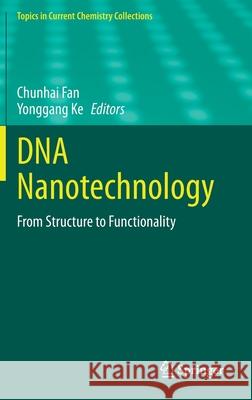DNA Nanotechnology: From Structure to Functionality » książka
topmenu
DNA Nanotechnology: From Structure to Functionality
ISBN-13: 9783030548056 / Angielski / Twarda / 2020 / 406 str.
DNA Nanotechnology: From Structure to Functionality
ISBN-13: 9783030548056 / Angielski / Twarda / 2020 / 406 str.
cena 1207,67
(netto: 1150,16 VAT: 5%)
Najniższa cena z 30 dni: 1156,64
(netto: 1150,16 VAT: 5%)
Najniższa cena z 30 dni: 1156,64
Termin realizacji zamówienia:
ok. 16-18 dni roboczych.
ok. 16-18 dni roboczych.
Darmowa dostawa!
Kategorie:
Kategorie BISAC:
Wydawca:
Springer
Seria wydawnicza:
Język:
Angielski
ISBN-13:
9783030548056
Rok wydania:
2020
Wydanie:
2020
Numer serii:
000793589
Ilość stron:
406
Waga:
0.75 kg
Wymiary:
23.39 x 15.6 x 2.39
Oprawa:
Twarda
Wolumenów:
01
Dodatkowe informacje:
Wydanie ilustrowane











